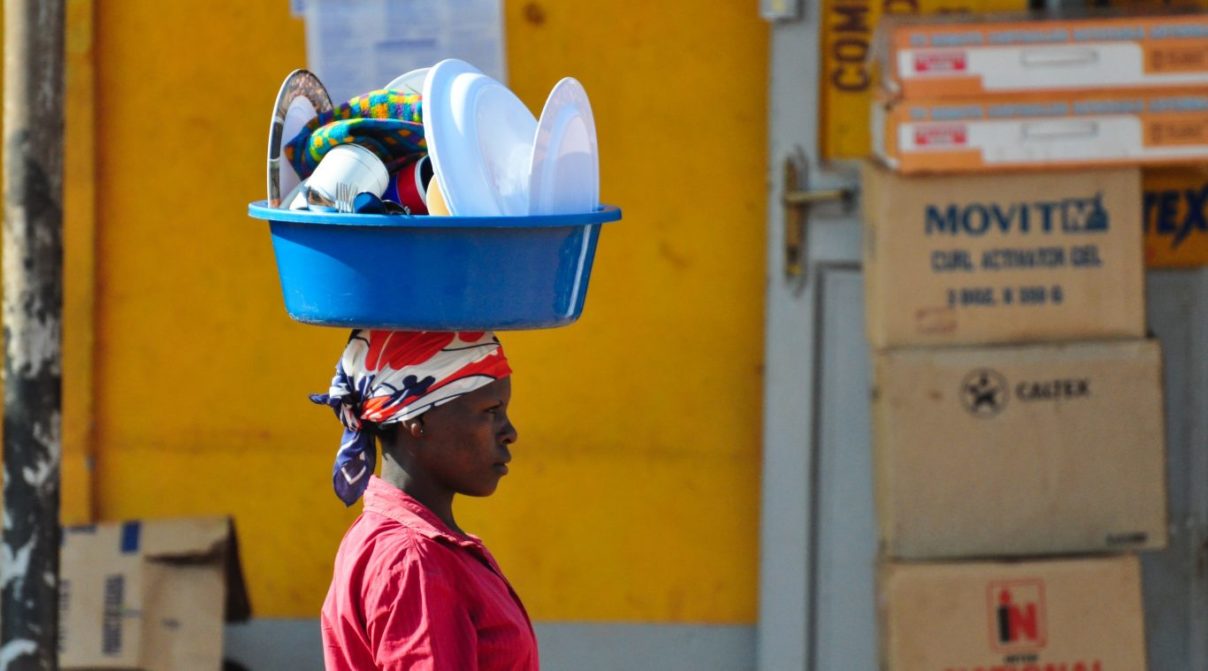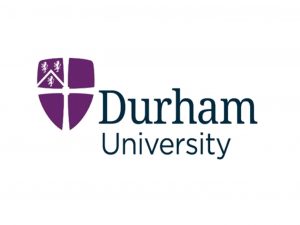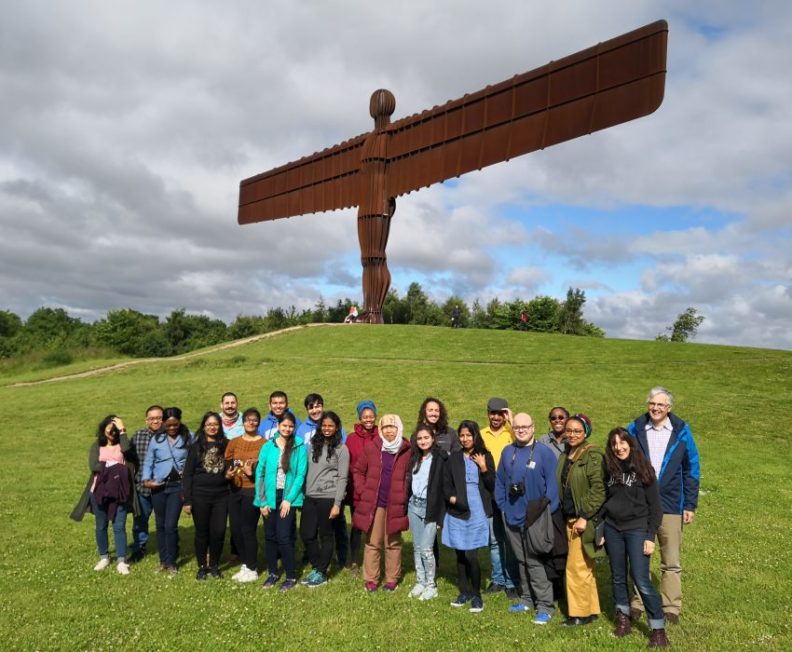In 2015, world leaders agreed to 17 goals for a better world by 2030. These sustainable development goals have the power to end poverty, fight inequality and stop climate change. All of the Durham Global Challenges – CDT projects are linked to one or more of the UN Sustainable Development Goals, to work together to build a better future for everyone.
The Durham GCRF-CDT students focused on productive writing at Dove Marine (Newcastle University) on the coast of Cullercoats. They used their time to prepare for their Formal Progression Review. This requires the students to submit for assessment a substantive piece of work as defined by their departments. The structured programme included a break with an outdoor activity.
A member of the Durham Centre for Academic Development facilitated the event for the CDT.
On 1st July 2019 the Durham Global Challenges-CDT organised a trip to the Angel of the North, Bamburgh, Seahouses and the Farne Islands. The trip offered a unique cultural learning experience of English heritage in North East England and provided an opportunity to network and socialise with the cohort.
The video visualizes the yield comparison of rice production after flooding in rice fields, to the left IR64 including sub1, to the right IR64 without sub1


